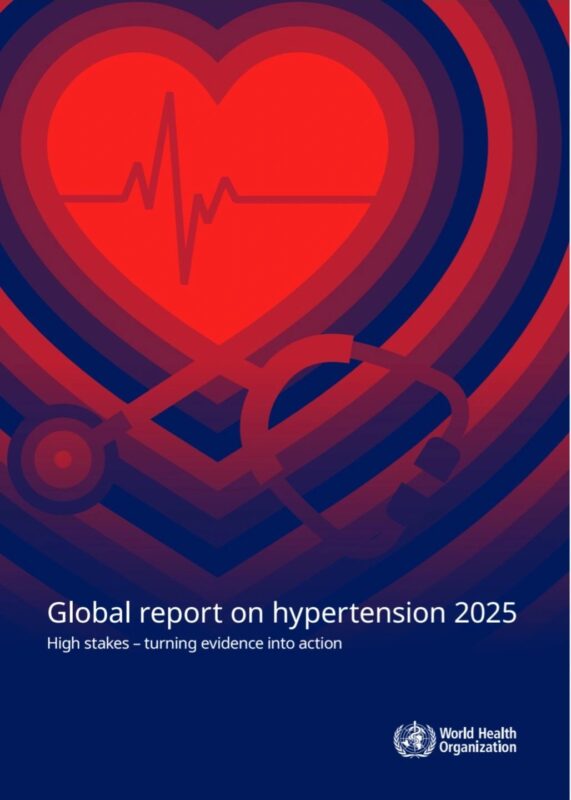Erick Mahatara, Ambassador and Scholar at Cancer Fight Tanzania, shared a post on LinkedIn:
“Reflections from the WHO Global Hypertension Report 2025
Recently, I took some time to go through the newly launched World Health Organization Global Hypertension Report 2025, titled “High Stakes – Turning Evidence into Action.” The findings were eye-opening and a strong reminder that hypertension remains one of the most serious yet preventable health threats of our time.
According to WHO, about 1.4 billion adults aged 30–79 worldwide are living with high blood pressure, yet fewer than 1 in 5 (23%) have their condition under control. This means millions of people are silently living at risk of stroke, heart attack, kidney failure, and dementia—conditions that can be prevented with early detection and proper management.
What struck me most is that if countries simply scale up access to affordable hypertension care for just half (50%) of those affected, we could prevent up to 76 million deaths by 2050 and save around USD 100 billion annually in healthcare costs. That’s not just a number—it’s an opportunity to save lives.
Suggested next steps for our community:
-
Raise awareness and encourage screening. Promote regular blood pressure checks in clinics, workplaces, and community events—reminding everyone it’s the “silent killer.”
-
Promote healthy lifestyles. Support salt reduction, more physical activity, balanced diets, healthy weight maintenance, and avoiding tobacco and excess alcohol.
-
Ensure access to care and medicines. Advocate for affordable, quality antihypertensive drugs and validated blood pressure devices in clinics.
-
Integrate hypertension care into primary health services. Make screening, treatment, and follow-up part of routine primary care—especially in underserved areas.
-
Monitor and track progress. Support data collection on diagnosis, treatment, and control rates to guide policy and resource allocation.
-
Engage and empower communities. Involve local leaders, educators, and patient groups in education and adherence support while tackling barriers such as cost and stigma.
-
Strengthen policy support. Urge policymakers to include hypertension treatment in national health priorities, essential medicines lists, and pricing policies.
The WHO report highlights one clear message: access to treatment is our greatest opportunity for rapid progress.“

More Posts Featuring Erick Mahatara.


